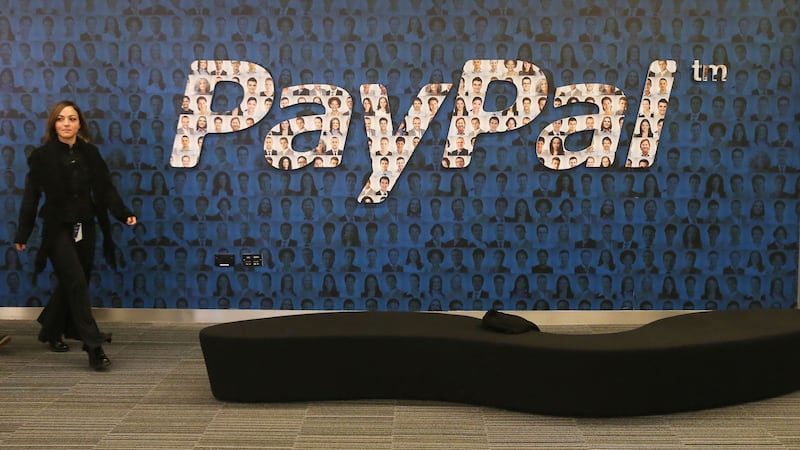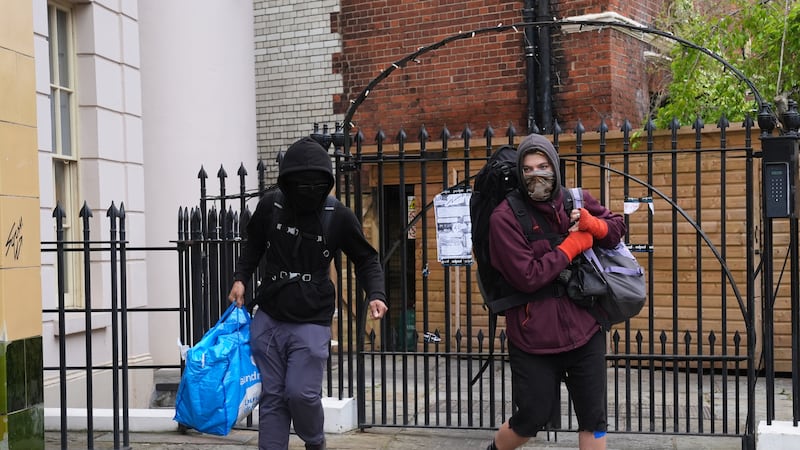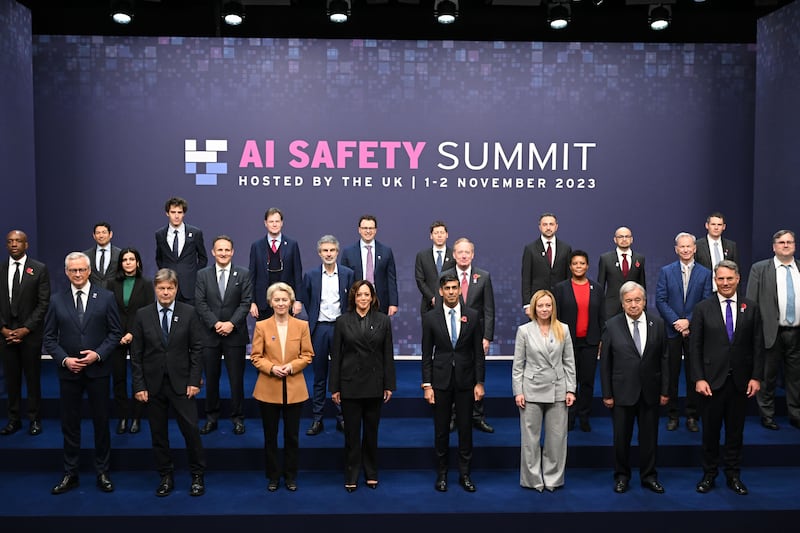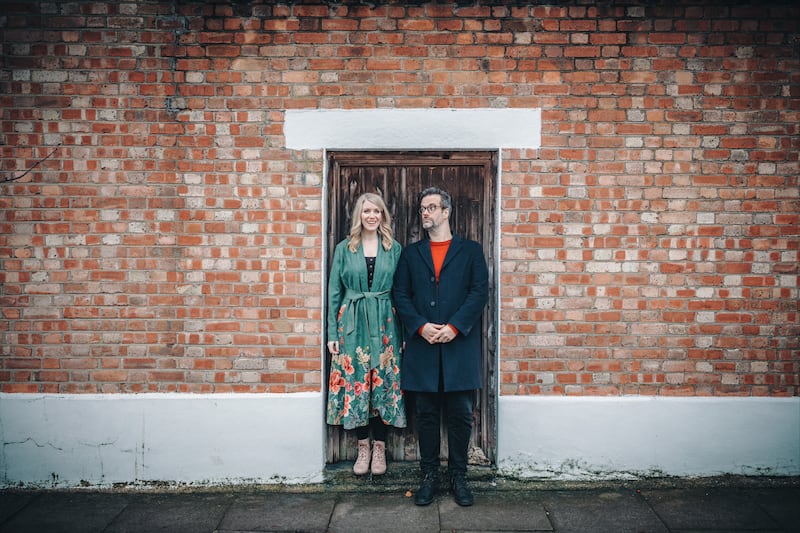PayPal has defended its platform amid concerns of anonymous foreign donors using the service to donate to political parties in the UK.
Official donations of £500 or more must be given by a “permissible donor” who should either be somebody listed on the UK electoral roll or a business registered at Companies House and operating in the UK.
The American firm told the Department for Digital, Culture, Media and Sport committee that under the current rules it is up to the political party to check if donations come from a permitted source.
“I think it’s still obviously the obligation of the political party concerned to make sure that any payments they are receiving are permissible,” said Richard Nash, vice president and head of global government relations at PayPal.
Senior executives from the company told MPs on the sub-committee investigating disinformation that those accepting donations through its platform can access the address of a donor but they must enable it first.
They claim the online payment service does not do this by default because of legal obligations on privacy.
“Data privacy principles require that we don’t automatically push too much information… you’re not meant to show more information than is requested or required,” said Eva Gustavsson, director of government relations for PayPal in Europe, the Middle East and Africa.
PayPal don’t get it still. They should flag overseas donations to UK political parties and investigate if it is permissible before they are made. @CommonsCMS
— Ian Lucas MP (@IanCLucas) November 4, 2019
Ian Lucas, who is standing down as Labour MP for Wrexham in the upcoming General Election, said responsibility should fall on platform providers like PayPal as well as political parties.
“It seems from what you’re saying that I can receive payments through PayPal, and although I may be breaking the law in my political party, you don’t seem to think you have any responsibility in this area, you seem to think it’s all the responsibility of the political party,” he said.
PayPal, which processes 27 million transactions every day, says it uses a number of checking systems to look for suspicious activity.








